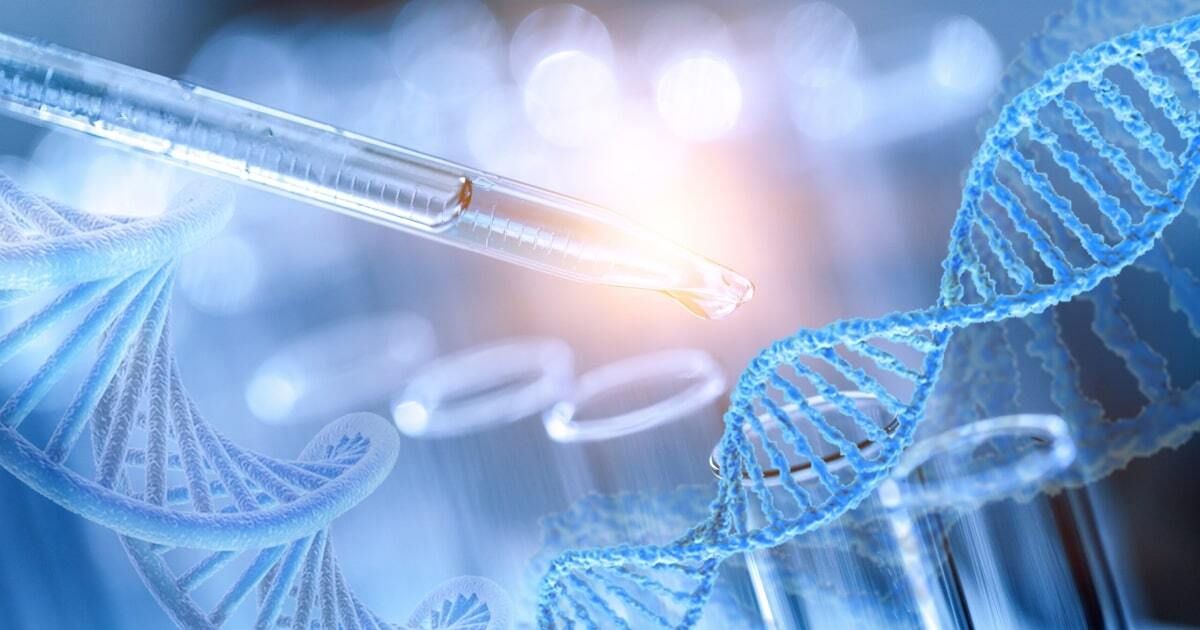Unlocking the Mysteries of Glycogen Storage Disease IIIc: From Understanding to Genetic Testing

Expert Reviewed By: Dr. Brandon Colby MD
Glycogen storage disease IIIc (GSD IIIc) is a rare genetic disorder that affects the body’s ability to break down glycogen, a complex sugar stored in the liver and muscles. This inability to break down glycogen leads to a wide range of symptoms and complications. In this article, we will explore the current understanding of GSD IIIc, its diagnosis, and the role of genetic testing in managing this disease.
Understanding Glycogen Storage Disease IIIc
GSD IIIc is a subtype of glycogen storage disease (GSD), a group of inherited metabolic disorders characterized by abnormal glycogen metabolism. The primary hepatic involvement in GSD is a key feature of these disorders, and it is essential to distinguish between different types for proper management3.
The phenotypic and genetic spectrum of GSD is broad, and early diagnosis is crucial for optimal management1. In a study that reviewed the clinical phenotypes and genotypes of 63 GSD VI patients, it was highlighted that GSD IIIc is caused by mutations in the AGL gene, which encodes the glycogen debranching enzyme1. This enzyme is responsible for breaking down glycogen into glucose, and its deficiency leads to the accumulation of glycogen in the liver and muscles, causing various symptoms and complications.
Diagnosing Glycogen Storage Disease IIIc
Diagnosing GSD IIIc can be challenging due to its clinical heterogeneity and overlapping symptoms with other GSD types. Targeted gene sequencing has emerged as a powerful tool for diagnosing and subtyping GSD, as demonstrated in a study involving 15 pediatric patients2. This research identified 15 variants, including 10 novel ones, highlighting the potential of targeted gene sequencing in diagnosing GSD IIIc2.
Uses of Genetic Testing in GSD IIIc
Genetic testing plays a vital role in the management of GSD IIIc. Some of its uses include:
- Diagnosis and subtyping: Targeted gene sequencing can accurately diagnose GSD IIIc and differentiate it from other GSD types, which is crucial for appropriate treatment2.
- Identification of novel variants: Genetic testing can help identify new mutations associated with GSD IIIc, improving our understanding of the disease and potentially leading to new treatment options2.
- Carrier testing: Genetic testing can identify carriers of GSD IIIc mutations, providing valuable information for family planning and prenatal diagnosis.
Current Management and Future Directions
Currently, the management of GSD IIIc focuses on dietary modifications to maintain stable blood glucose levels and prevent complications. However, novel treatments are being explored, such as the repurposing of existing drugs like dapagliflozin. A study demonstrated the efficacy of dapagliflozin in preserving kidney function in a GSD1b mouse model, suggesting potential repurposing for treating GSD1b patients4.
As our understanding of GSD IIIc and its genetic basis continues to grow, genetic testing will play an increasingly important role in diagnosing, managing, and potentially treating this rare disorder. By staying informed about the latest research and advancements, patients and healthcare providers can work together to improve the lives of those affected by GSD IIIc.
About The Expert Reviewer
Dr. Brandon Colby MD is a US physician specializing in the personalized prevention of disease through the use of genomic technologies. He’s an expert in genetic testing, genetic analysis, and precision medicine. Dr. Colby is also the Founder of and the author of Outsmart Your Genes.
Dr. Colby holds an MD from the Mount Sinai School of Medicine, an MBA from Stanford University’s Graduate School of Business, and a degree in Genetics with Honors from the University of Michigan. He is an Affiliate Specialist of the American College of Medical Genetics and Genomics (ACMG), an Associate of the American College of Preventive Medicine (ACPM), and a member of the National Society of Genetic Counselors (NSGC)